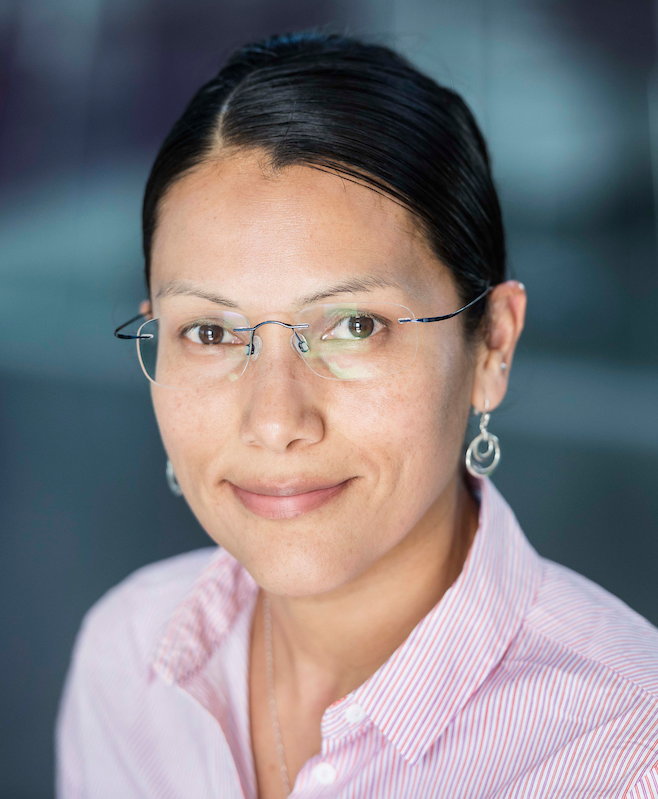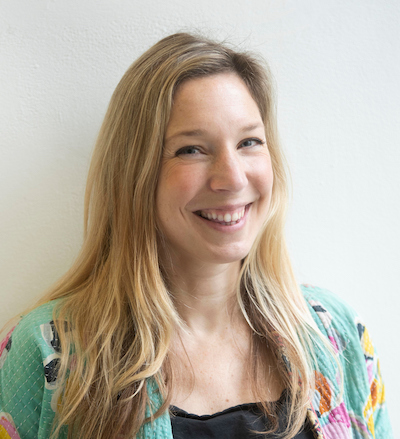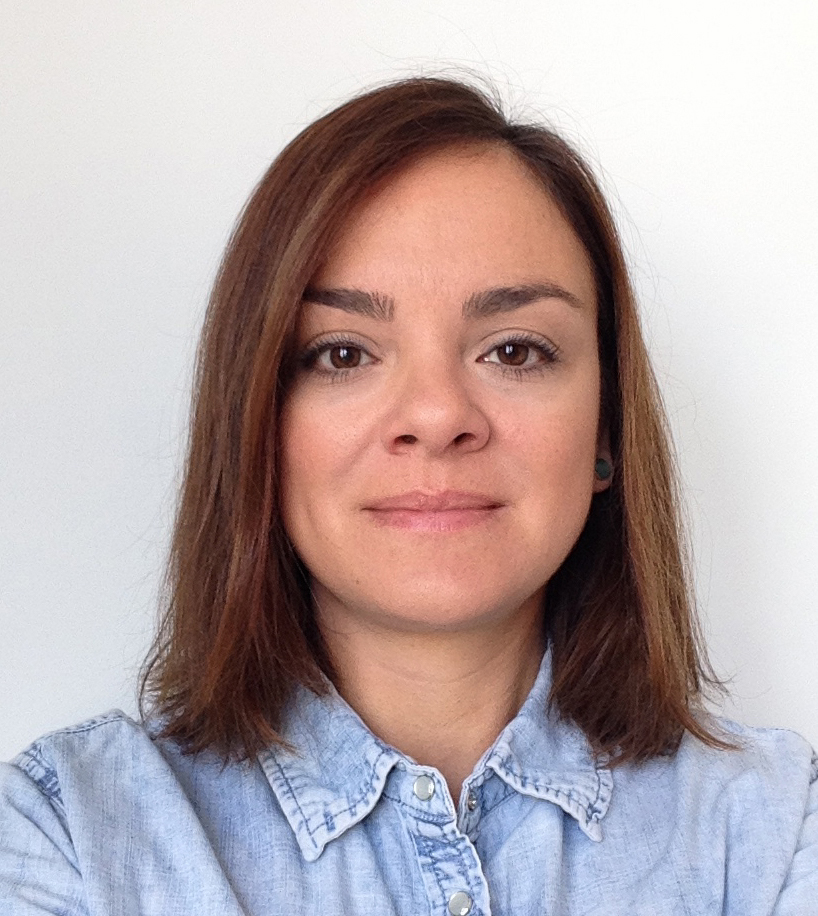
Dr. Karina Rodriguez Echavarria
READER, UNIVERSITY OF BRIGHTON
Dr Karina Rodriguez Echavarria is a Reader at the School of Architecture, Technology and Engineering, University of Brighton and Lead for the Computing and Mathematical Sciences Research Excellence Group which focuses on both theoretical and practical research in computer science challenges related to software systems, leading on the provision of digitisation and visualisation technologies. She is the Editor-in-Chief of the ACM Journal of Computing and Cultural Heritage, and chairs the Eurographics Workshops Board and the Eurographics Steering Committee on Graphics and Cultural Heritage which organises yearly workshops in this area.
Karina is an interdisciplinary researcher, with a background in Computer Science, a PhD in knowledge-based engineering systems for collaborative manufacturing and an MA in Histories and Cultures. Her research interests include the development and application of computing technologies for the digitisation of objects and environments; the information management, analysis, search/browse visualisation of visual representations, including 2D and 3D content; as well as their physical reproduction using digital fabrication. A focus of the research is the Cultural Heritage (CH) sector and its related applications such as creative applications, art, culture, education and tourism. She has produced research outputs in interdisciplinary areas such as computer graphics, information and knowledge management as well as cultural heritage.

Dr. Claire Wintle
PRINCIPAL LECTURER, UNIVERSITY OF BRIGHTON
Dr Claire Wintle is a historian of exhibitions, museums and collections, with a particular interest in curatorial practice, exhibition design and the politics of representation. Her work explores the relationship between museums and processes of nationalism, imperialism and decolonisation, often with a focus on South Asia and the UK.
Claire is Principal Lecturer in Museum Studies and Art and Design History. She is Co-Director of the University’s Centre for Design History where she leads research, including on the museum as a designed space that is both produced and consumed. She is the Course Leader for the MA Curating Collections and Heritage, a collaborative masters programme developed between the University of Brighton and the Royal Pavilion and Museums, Brighton & Hove. Her teaching focuses on the ethics of contemporary museum practice, with an emphasis on widening participation in and access to cultural heritage.

Dr. Myrsini Samaroudi
RESEARCH FELLOW, UNIVERSITY OF BRIGHTON
Dr Myrsini Samaroudi has a background in archaeology and digital humanities, holds a PhD from the School of Architecture, Technology and Engineering of the University of Brighton and is a member of the Centre for Secure, Intelligent and Usable Systems of the same university. Myrsini has worked as an archaeologist and as an interdisciplinary digital humanities researcher both in academia and industry. Her PhD, held in collaboration with the Royal Pavilion & Museums Trust, examined digitally fabricated replicas of museum artefacts as interpretative “devices” and proposed a framework for their integration and evaluation within experiences for different audience groups.
Over the last few years, Myrsini has worked on various research projects, investigating creative and technology-facilitated methods to improve children’s wellbeing; the impact of Covid-19 on heritage institutions; the use of 3D printed replicas and digital 3D-games to enhance museum interpretation; digital technologies for documenting and accessing intangible heritage knowledge; and more recently the requirements of the Arts and Humanities research community in the UK with respect to managing complex visual data.
